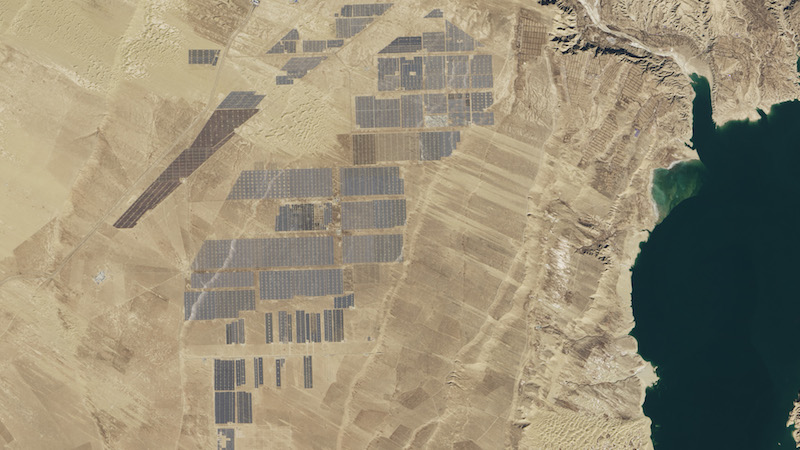Angela Merkel has revealed the frostiness beneath Sino-European climate bonhomie, one day ahead of crucial ministerial talks.
Prompted by a question from China’s lead climate envoy Xie Zhenhua, the German chancellor questioned China’s developing country status, citing its success in clean technology innovation.
A fight over the distinction between developing and developed nations has dogged efforts to agree the rules of the 2015 Paris climate deal. China in particular has sought to reinforce a clear division between rich and poor, while Europe argues for universal standards.
The two economic giants meet in Brussels on Wednesday to try and break the impasse. Xie and EU climate commissioner Miguel Arias Cañete will join Canada’s environment minister Catherine McKenna to lead two days of climate talks with ministers from major economies.
If you like what we do, support us
Become a CHN patron for as little as $5 per month to help us keep bringing you the most in-depth coverage of climate politics and underreported stories from around the world.
We have set up a Patreon account. It’s a simple, safe and easy way for you to become part of a community that will secure and guide our future.
Thank you!
Climate partnership between the EU and China has grown in importance since the US left the scene under Donald Trump. The building of personal bonds between climate leaders is an important way to build trust. Last year’s meeting was characterised by jovial selfies and positive rhetoric. This year, tough decisions must be made.
But just a day before the meeting begins, at a separate round of climate talks in Berlin, Merkel dropped in to give a speech and answer some questions. Xie asked Merkel to comment on how shared technology could help achieve climate targets.
The chancellor fired back: “Technological innovation needs to come from industrialised countries. But China is a leading country in technological innovation as well and I’m really interested in how you are manufacturing battery cells and other technological innovations and in some aspects we do not consider China as a developing country, but as a competitor.”
Merkel: Auto and coal workers need to know what their next jobs are
Frauke Urban, a researcher at SOAS University of London, explained Merkel’s touchy response. Chinese climate negotiators had long argued they needed developed countries, such as Germany, to share technological advancements with them in order to develop more cleanly, she said.
However, according to Urban’s research, the flow of the world’s clean technology, once definitively ‘north-south’ has been complicated by China’s rise. Chinese low-carbon tech has established and growing markets in many major economies and is competing for market share in the developing world.
Batteries are a particularly sore point for car-proud Germans. Their auto industry watched with alarm as China became the world’s leading manufacturer of electric cars, then threatened to impose electric vehicle quotas that could shut German laggards out of the massive Chinese market. While China’s battery industry grows, Germany no longer produces cells.
There has been a similar change in other major clean tech industries. The solar industry in China was kick-started by tech transfer from developed countries. By 2015, China had seven of the world’s top ten solar PV companies.
The Chinese wind industry would not exist were it not for German firms. But now even giants like Siemens are feeling the heat as Chinese upstarts Goldwind and Mingyang catch up with them on patenting new innovations.
“My impression is that Angela Merkel is reminding the Chinese negotiator of this changing power balance,” said Urban, adding that the Paris Agreement had deliberately blurred the line between developed and developing country responsibilities on climate change, including on the issue of technology cooperation.
From a European perspective, China is joining the club of industrialised countries, competing for their markets and, when it comes to cars, beating the Germans at a game they consider their own.
Simultaneously Xie reminded Merkel that China’s interpretation of the Paris Agreement remains one under which it will be the beneficiary of German research and innovation.
“You can be proud of [being seen as a competitor],” Merkel told Xie. “This is kind of an incentive for us to act.”
